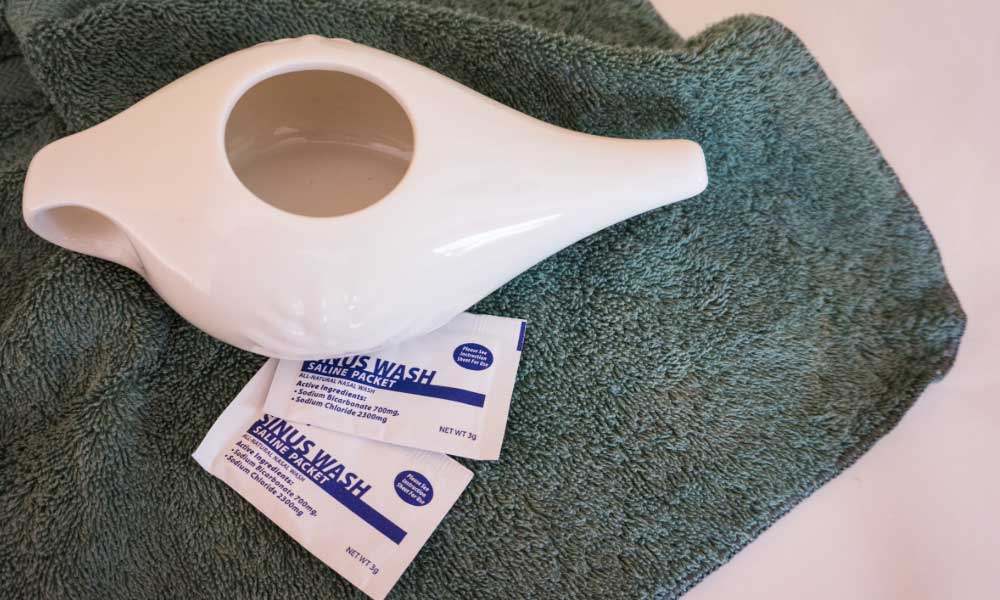
Description & Health Benefits
- Kale is a member of the Brassicaceae botanical family which also includes broccoli, Brussels sprouts, cabbage, cauliflower, kohlrabi, rutabaga, and turnips among others.
- It is available in two forms — smooth leaf and curly leaf. Leaves are green and sometimes purple tinged.
- Kale is an excellent source of vitamin K, vitamin A, vitamin C, manganese, and copper, and a good source of vitamin B6 and fiber.
- Vitamin K is used by the body for blood clotting and bone building.
- Vitamin A is involved in immune function, reproduction, and supports the function of organs such as the heart, lungs, and kidneys. It is also critical for healthy vision.
- Vitamin C aids in the absorption of iron, helps keep bones and teeth healthy, and facilitates wound healing.
- Manganese plays a role in fat and carbohydrate metabolism, calcium absorption, and blood sugar regulation. It assists the body in forming bones and connective tissues and is necessary for normal brain and nerve function.
- Copper works with iron to help the body form red blood cells and aids in iron absorption. Copper also supports blood vessels, nerves, the immune system, and healthy bones.
- Vitamin B6 is involved in brain development during pregnancy and infancy and assists with immune function.
- Fiber aids in digestion by preventing constipation.
Selecting, Storing, and Preparing
- Select kale with dark green leaves.
- Choose kale with small to medium leaves which will be more tender than kale with larger leaves which are more fibrous.
- Avoid any with yellow or brown leaves.
- Store it in a plastic bag in the refrigerator for up to five days.
- Prepare by washing leaves thoroughly. Leaves may need to be soaked in cold water if they contain large amounts of dirt. Re-rinse with cold water if needed until leaves are void of dirt.
- Remove the center stalk using a knife or tear with your hand. Chop leaves to desired size and prepare.
Nutrition Facts
1 cup chopped, cooked, boiled, or drained
Calories: 36 | Protein: 2.47 g | Fat: 0.52 g | Carbohydrate: 7.32 g | Fiber: 2.6 g | Sugars: 1.62 g | Calcium: 94 mg | Magnesium: 23 mg | Potassium: 296 mg | Vitamin C: 53 mg | Folate: 17 µg | Vitamin A: 17707 IU | Vitamin K: 1062 µg
ndb.nal.usda.gov
Request an Appointment

